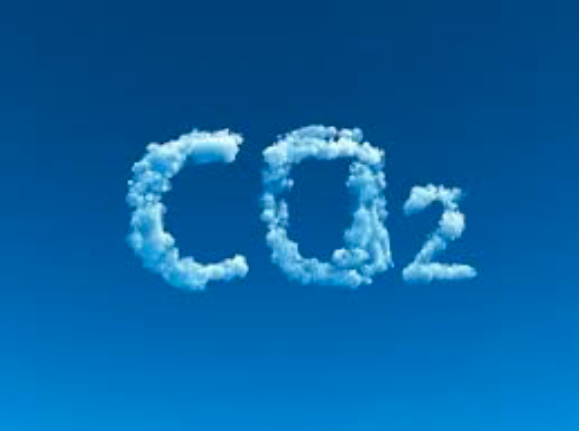New facility to create safe carbon storage

CO2CRC Limited and the University of Melbourne will today open new $7.56 million emissions reduction laboratories aimed at providing clean, efficient and cost-effective energy for Australia.
Carbon capture and storage enables the capture of carbon dioxide from fuel combustion and industrial processes with the aim of limiting global emissions from fossil fuels.
Reducing the cost of implementing carbon capture and storage technologies will be the primary aim of the laboratories.
The facility is funded by CO2CRC Limited and the Australian Government’s Education Investment Fund (EIF).
Professor Geoff Stevens, a project leader with CO2CRC and in the Melbourne School of Engineering, said the laboratories will enable the safe and cost-effective capture and deep geological storage of carbon dioxide from power generation and industrial processes.
“Carbon capture and storage will provide 13 per-cent of global emissions reductions by 2050," Professor Stevens said.
"It is the only technology that can be applied to energy intensive industries such as cement, steel, chemical and fertiliser production, and it can reduce emissions from fossil fuelled power generation by up to 98 per cent.
"It is also one of the only technologies that has the potential to have negative emissions when combined with bio energy.”
The process involves separating the emissions from industrial processes through technologies that capture the carbon dioxide (CO2). The CO2 is then cooled and compressed so that it can be transported. It is then injected deep underground, where the carbon will settle and remain.
CO2CRC Limited is one of the world’s leading collaborative research organisations focused on carbon dioxide capture and geological sequestration.
CO2CRC’s work brings together participants from Australian and global industry, government, universities and research bodies. It is part of a $51.6 million Australian CCS Research Laboratories Network (CCSNET).
CO2CRC Chief Executive Officer Tania Constable believes CCS has an important role to play in tackling climate change.
“If we are to have any chance of achieving COP21’s aims then we’ll need to implement a range of responses: renewable energy, greater energy efficiency, fuel switching, and the use of carbon capture and storage as the major technology to curb industrial emissions,” Ms Constable said.
“The International Energy Agency states that fighting climate change could cost 40 percent more without CCS by 2050. The laboratories are part of an interconnected set of assets in Australia that will reduce the cost of carbon capture and storage while ensuring safety over the longer-term.”